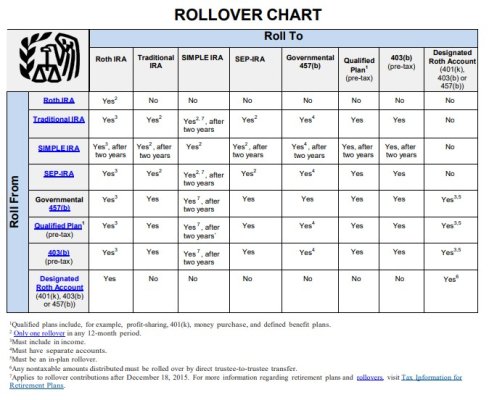CRLLS
Thinks s/he gets paid by the post
Following the "gifting with a warm hand" thread. DW and I want to help our grandchildren with their college expenses. Not a large amount, but enough to ease the burden a little. However, we want to provide some choices on their part and to incentivize good choices. My grandchildren are of ages 5 thru 17,
We are thinking of doing a one-time transfer, taking money from my Roth this year and creating several other Roths under my name, one earmarked for each of them and invested in relatively guaranteed investments primarily to prevent loss and possibly keep up with inflation for those younger ones. For the purpose of this discussions, disregard any choices of the investments.
In the event that the grandkids get scholarships and/or do not need that money for tuition directly, AND GRADUATE (a very important condition), any remaining amount would become a lump sum gift to help start out their adult life. It would likely be less than the annual gift limit for reporting gifts or could be split into a couple of years if needed.
With the new Roth's, I would plan to setup each of them with their father's name as beneficiary. In the event that I pass before they are out of college, their father can manage the payouts.
My thinking is that since I have had the Roths for so many years and am well over 59.5 etc, any withdrawals by me would be tax-free. I get to choose the investments. And there would be no fees. The younger ones will benefit from the growth, hopefully in step with inflation making their gift roughly equivalent to the older one's. In the event that one of them unfortunately passes before the age of college, that money would still be ours to choose how to handle it.
I think that this is a better choice for us than a 529 plan as we have control of the carrot and can distribute as we wish. Is there anything that we should be aware of that would prevent this idea from happening? Or anything else that we should consider?
We are thinking of doing a one-time transfer, taking money from my Roth this year and creating several other Roths under my name, one earmarked for each of them and invested in relatively guaranteed investments primarily to prevent loss and possibly keep up with inflation for those younger ones. For the purpose of this discussions, disregard any choices of the investments.
In the event that the grandkids get scholarships and/or do not need that money for tuition directly, AND GRADUATE (a very important condition), any remaining amount would become a lump sum gift to help start out their adult life. It would likely be less than the annual gift limit for reporting gifts or could be split into a couple of years if needed.
With the new Roth's, I would plan to setup each of them with their father's name as beneficiary. In the event that I pass before they are out of college, their father can manage the payouts.
My thinking is that since I have had the Roths for so many years and am well over 59.5 etc, any withdrawals by me would be tax-free. I get to choose the investments. And there would be no fees. The younger ones will benefit from the growth, hopefully in step with inflation making their gift roughly equivalent to the older one's. In the event that one of them unfortunately passes before the age of college, that money would still be ours to choose how to handle it.
I think that this is a better choice for us than a 529 plan as we have control of the carrot and can distribute as we wish. Is there anything that we should be aware of that would prevent this idea from happening? Or anything else that we should consider?

